Affordable Dentures
Dentures are removable devices that help restore your smile and confidence by replacing missing teeth. Replacing missing teeth improves your appearance and health, especially if you’ve lost all of your natural teeth due to tooth decay, gum disease, or injury. That is because dentures improve your speech and make eating easier.
When you lose teeth, your facial muscles may sag, making you look old. Dentures help fill out the appearance of your face and profile because they closely resemble your natural teeth. This helps you maintain your usual appearance or even improve the look of your smile.
Read on to learn more about dentures available at River’s Bend Dental Clinic.
Types of Dentures
There are different forms of partial dentures. Here are some common examples of partial dentures:
1. Complete Dentures
Complete dentures, also known as full dentures, have a plastic-colored base to replicate gum tissue. These dentures support a complete set of porcelain or plastic teeth.
The traditional complete denture is held in the mouth by forming a seal with the gums. For an improved fit, it can also be held in place by attaching it to dental implants. However, the traditional complete denture is less costly than the advanced treatment.
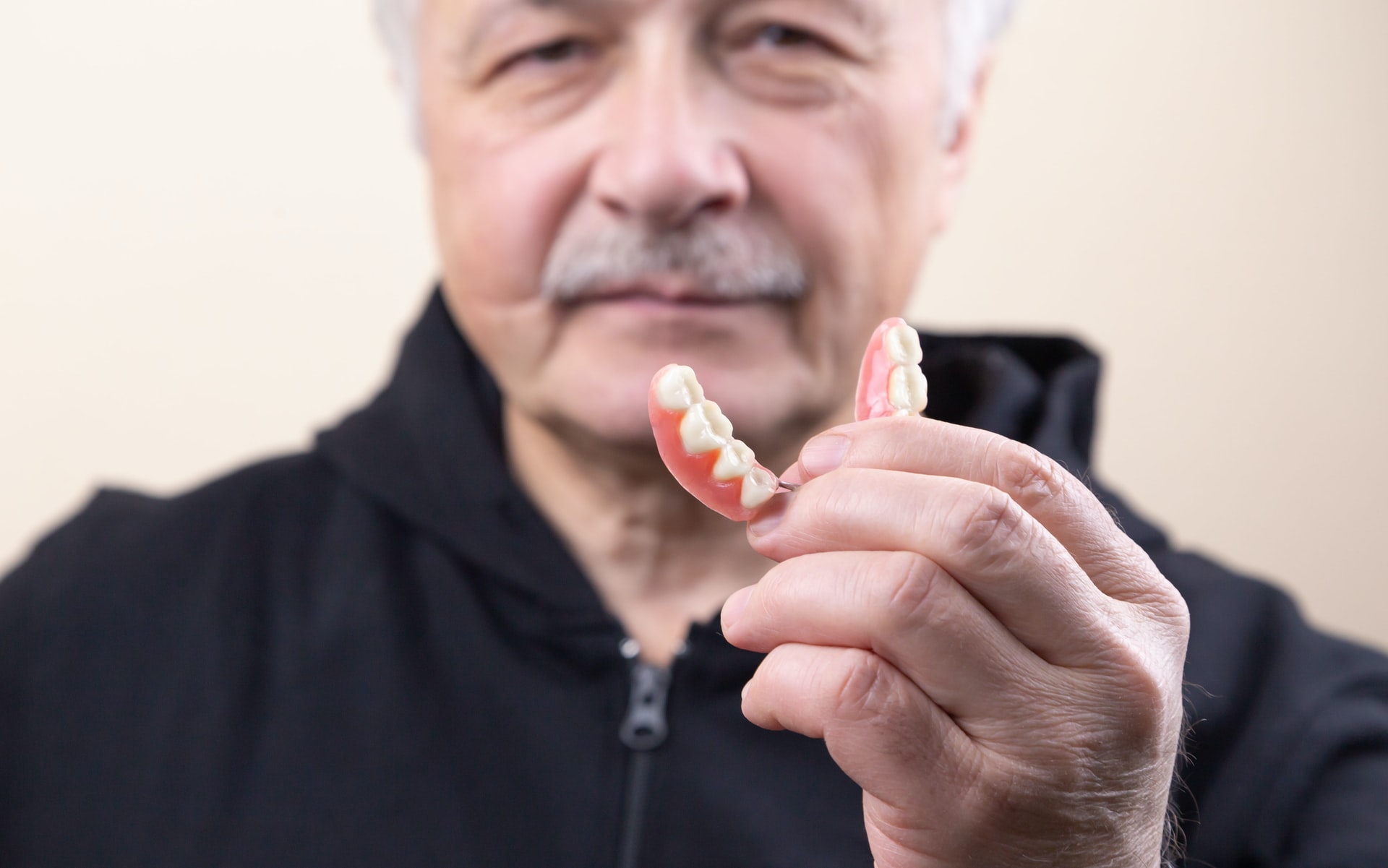
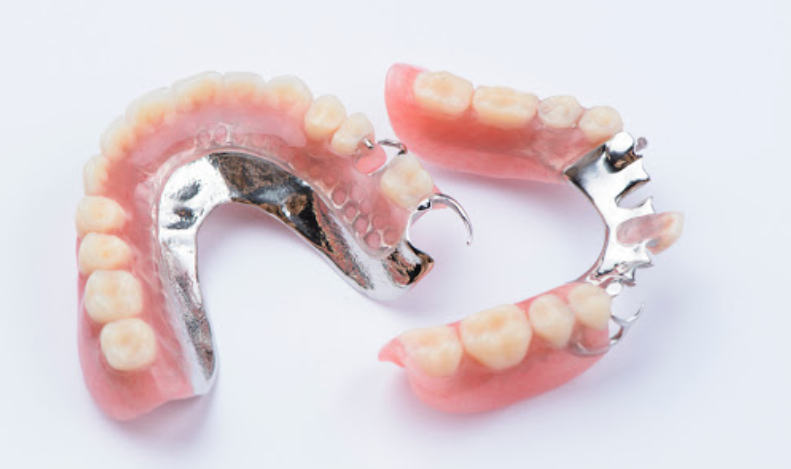
2. Partial Dentures
Partial dentures are either made with a metal framework or a plastic base. They are great for replacing multiple missing teeth. The final denture is carefully adapted around the natural teeth and held in the mouth using clasps.
The metal framework of the partial denture uses the traditional design due to its rigidity and strength. Most people generally use plastic partial dentures as emergency or temporary replacements for missing teeth to allow the bone and gums to heal before a definitive restorative solution is obtained. However, various materials, such as Valplast, have recently been developed to provide flexible and durable alternatives in certain situations.
The Best Way to Care for Removable Dentures
Proper care is essential to keep removable dentures (complete and partial) in optimal condition. For best denture care:
1. Clean your mouth after removing your dentures
2. Always brush your dentures daily
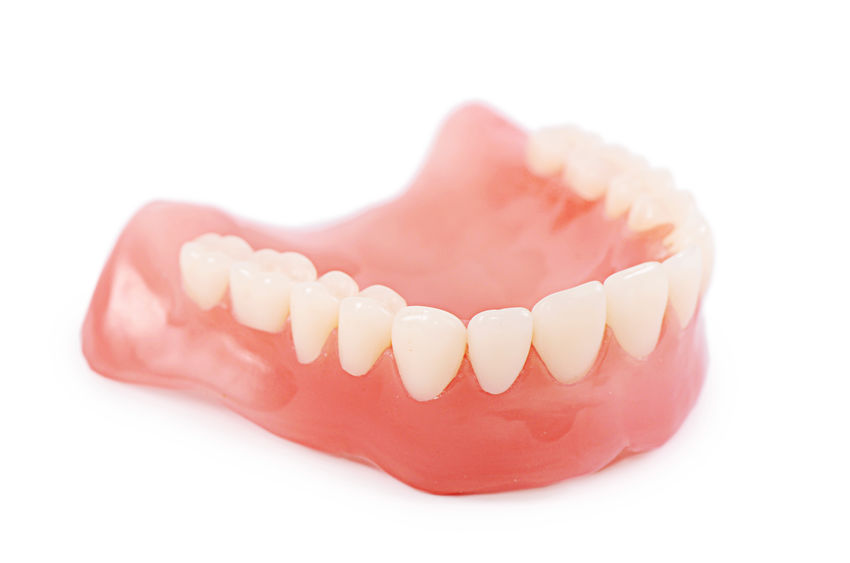
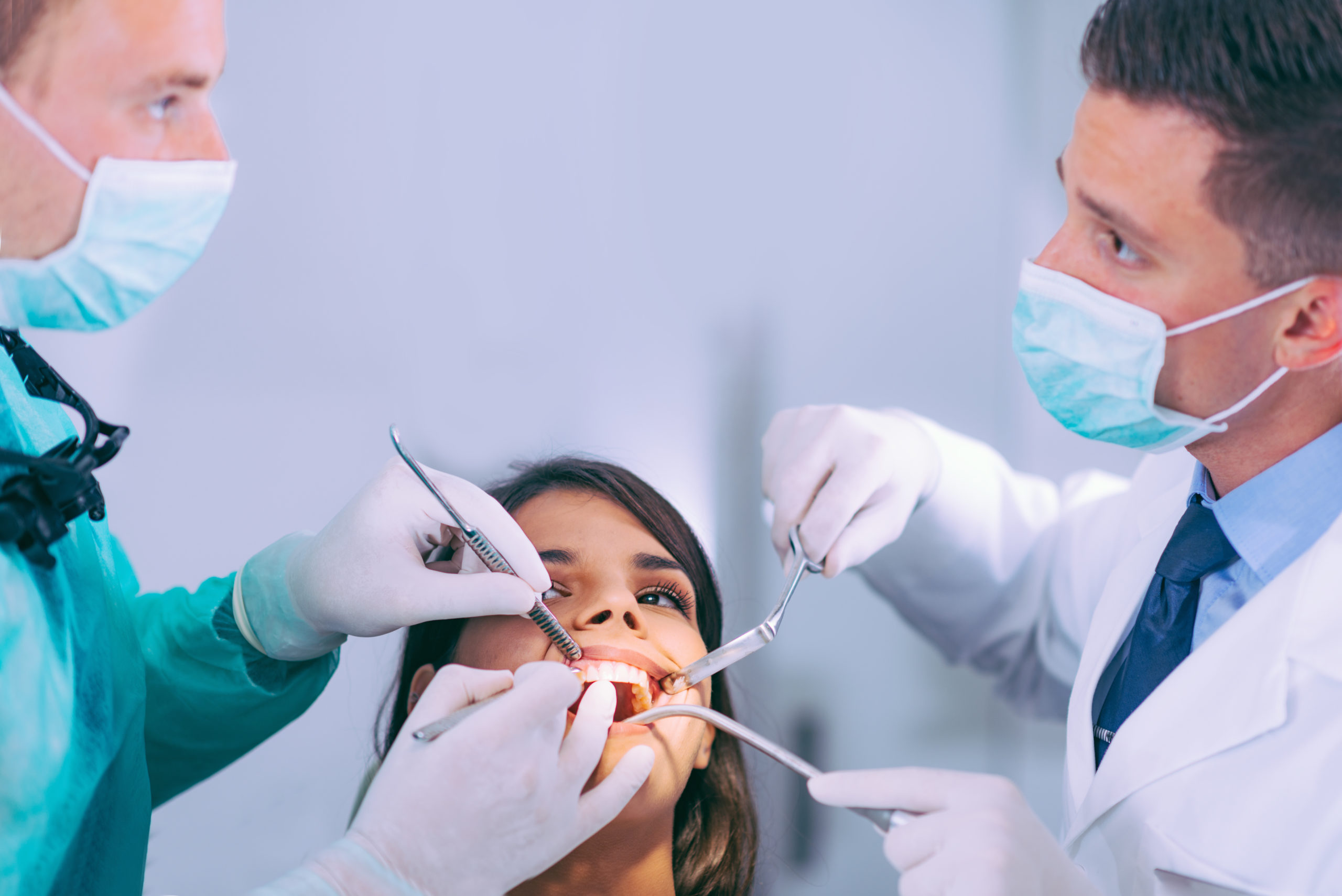
3. Handle your dentures carefully
4. See an expert dentist if you have a loose fit
5. Before putting dentures back in your mouth, rinse them thoroughly, especially if using a denture-soaking solution
6. Soak dentures overnight
7. Schedule regular dental checkups
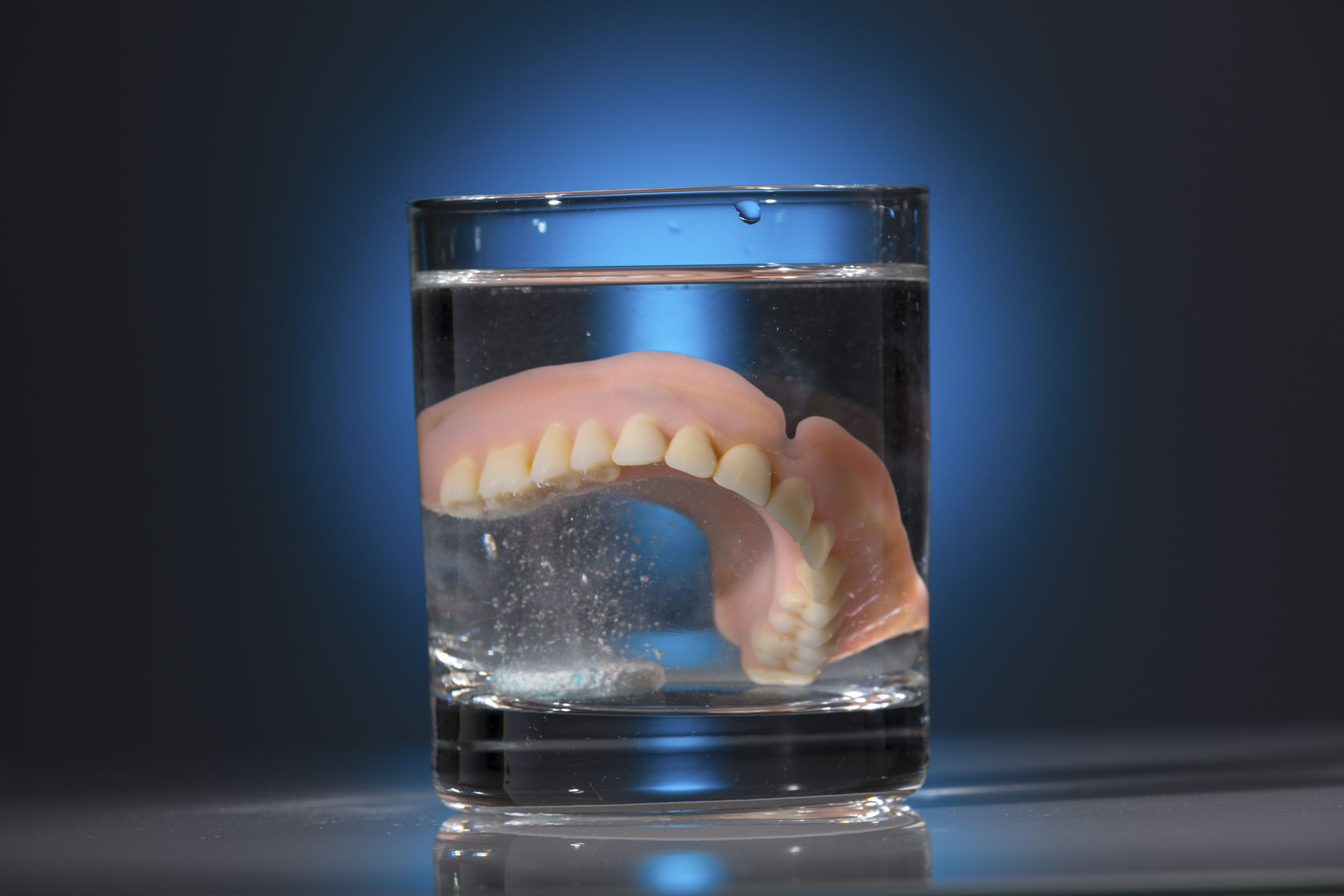

Why Should You Visit the River’s Bend Family Dental if You Have Dentures?
If you have dentures, our dentist or prosthodontist can advise you about how often to visit; however, make every six months a norm.
- Examine your dentures and mouth
- Look for signs of oral diseases, including cancer
- Ensure proper denture fit
- Have your remaining teeth and your dentures professionally cleaned
Learn More About Our Dental Expert- Andrea Wimmergren
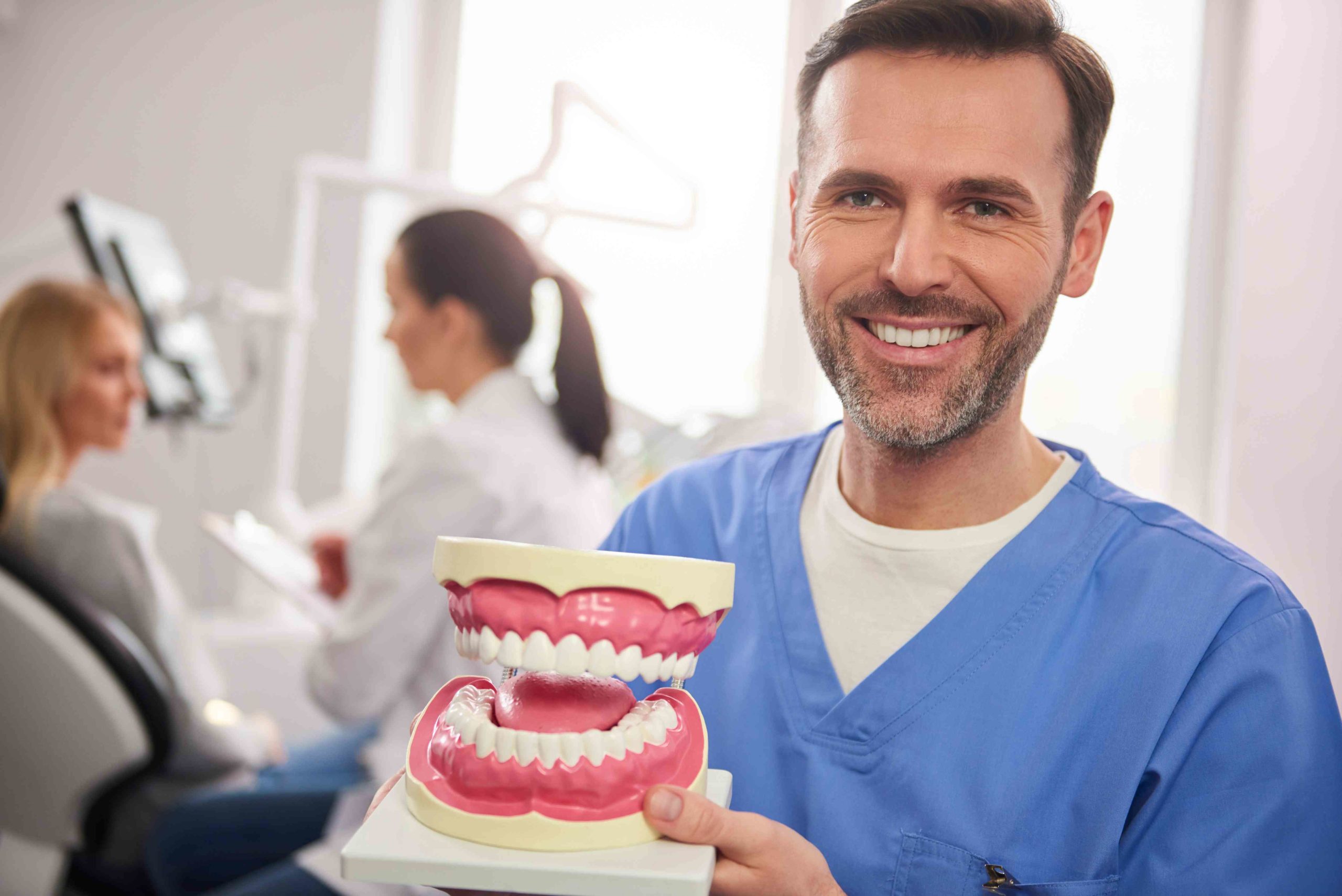
Go Ahead & Smile
FAQs About Dentures
A complete denture not only replaces your missing natural teeth and supports your cheeks and lips, but it’s also very good for your health and appearance. Without this support, sagging facial muscles can make a person look older than their actual age.
At River’s Bend Family Dental, we can make dentures closely match natural teeth so that your appearance hardly changes. Modern dentures can even enhance the look of your smile, helping to fill out your facial appearance.
